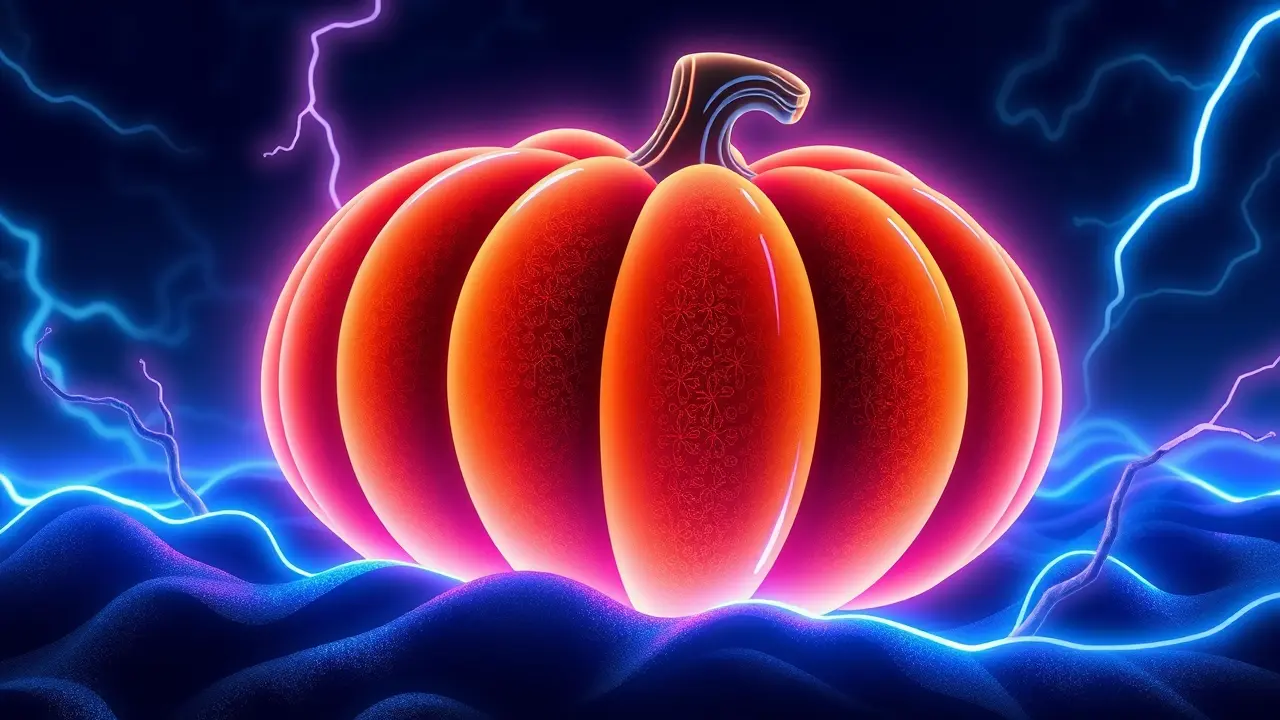
SciencebiologyPlant Science
Toxic Harvest: How a Common Protein Turns Pumpkins into Poison Vessels
RA
Rachel Adams
2 days ago7 min read
A startling discovery from Japan reveals that common pumpkins and squashes can actively channel toxic heavy metals from polluted soil directly into their edible fruits. The culprit is a specific protein that acts as a biological pump, drawing industrial contaminants like lead, cadmium, and arsenic into the plant's sap and concentrating them in the gourds destined for dinner tables.This targeted transport mechanism transforms a staple food into a potential health hazard, highlighting a critical, hidden vulnerability in our global food supply. However, this alarming finding also unveils a powerful dual-purpose solution.Scientists are now leveraging this knowledge to engineer two new types of super-crops. The first is designed to block contamination, creating safer food sources for communities near industrial sites.The second, more radical approach involves breeding plants that hyper-accumulate toxins, turning them into living air filters for poisoned earth—a process known as phytoremediation. This could lead to farms of specialized gourds planted not for food, but as solar-powered cleanup crews that extract and store pollutants from the soil. By bridging agriculture and environmental science, this research pioneers a sustainable path to heal contaminated land, offering a nature-based alternative to the exorbitant cost of excavating and replacing vast tracts of earth.
#featured
#plant biology
#contamination
#food safety
#environmental cleanup
#protein research
#crop breeding
Stay Informed. Act Smarter.
Get weekly highlights, major headlines, and expert insights — then put your knowledge to work in our live prediction markets.
Related News
Comments
It’s quiet here...Start the conversation by leaving the first comment.
© 2025 Outpoll Service LTD. All rights reserved.
